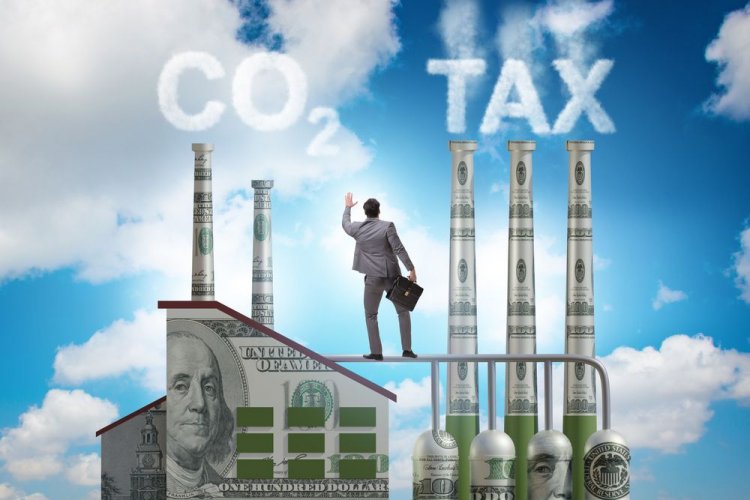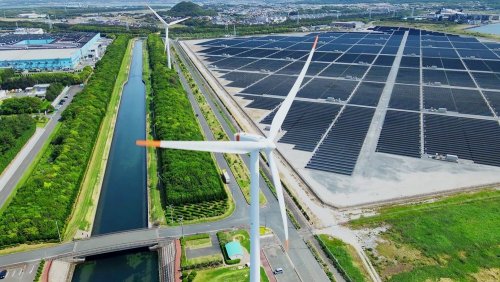Less than half of the companies in the countries of the European Union are ready for the challenges that the European Green Deal (EGD) poses for them.
This is evidenced by the survey data, which company PricewaterhouseCoopers (PwC) held among almost 300 companies from 13 EU countries.
The survey targeted businesses with an annual turnover of more than €50m ($55m) in several EU member states, as well as businesses in Norway, Switzerland and the UK. Among the respondents, 75% were industrial entities, retailers, carriers and technology developers that play an important role in the green transition.
Poll results
As Evy Geerts and Jean-Philippe van West explained, the results of the survey showed that European business still has a long way to go.
The main finding of the PwC survey is that less than half of the companies reported being ready for the EBC. In general, big business with its own tax and finance specialists, sustainability departments and properly funded research and development (R&D) teams were more aware and prepared for these new challenges.
However, there are still many large companies that have only begun to understand the impact of the Green Deal. Lack of awareness, lack of organizational skills, and difficulty in quantifying the costs of implementing EQS are cited by respondents as the biggest challenges.
Nearly 70% of survey participants said they are already implementing measures and have made significant capital expenditures towards environmental protection, focusing on issues such as energy and waste management. However, most of these investments were one-time investments and not part of a larger plan.
Respondents said they would like to actively reduce emissions by consuming more clean energy (78% of companies), reducing energy consumption (60%), reducing waste and plastic (59%), and reducing carbon emissions (59%).
Meanwhile, the revision of energy taxes not only contributes to the development of sustainable renewable energy, but the European Emissions Trading System (ETS) and the carbon tax affect a growing number of companies. This is because the scheme includes new sectors such as maritime transport, road transport and the construction sector.
If we add to this the proposal to implement an additional Carbon Boundary Management Mechanism (CBAM) announced for 2026, with compliance already from 2023, it becomes clear that the European carbon taxation system is about to turn this process into a strategic responsibility for companies that affect the pricing chain directly or indirectly.
This explains why almost half of the respondents considered changing geographic location with a strong focus on repatriation within the EU. The main reason for this was the desire to reduce the carbon footprint in the supply chain. Until now, the main modes of transport are road and sea. More than 70% of respondents reported that they predominantly rely on road transport.
The main conclusion of the survey is that enterprises should increase their capacity, knowledge and communication channels to assess the impact and transform their activities.
Also, the tax specialist begins to play a strategic role. It is noted that the environmental tax will be of great importance in the environmental, social and managerial processes of transformation.
Before EcoPolitics wrote what is European Green Deal, what is its purpose and main directions.





